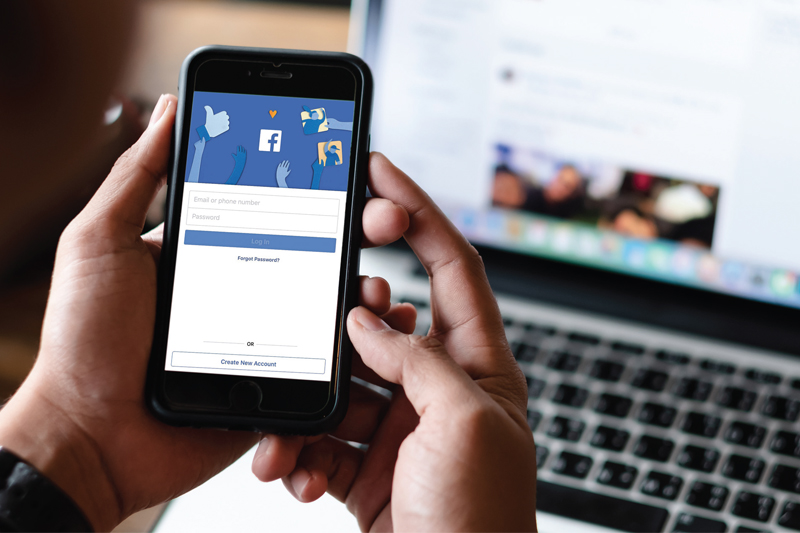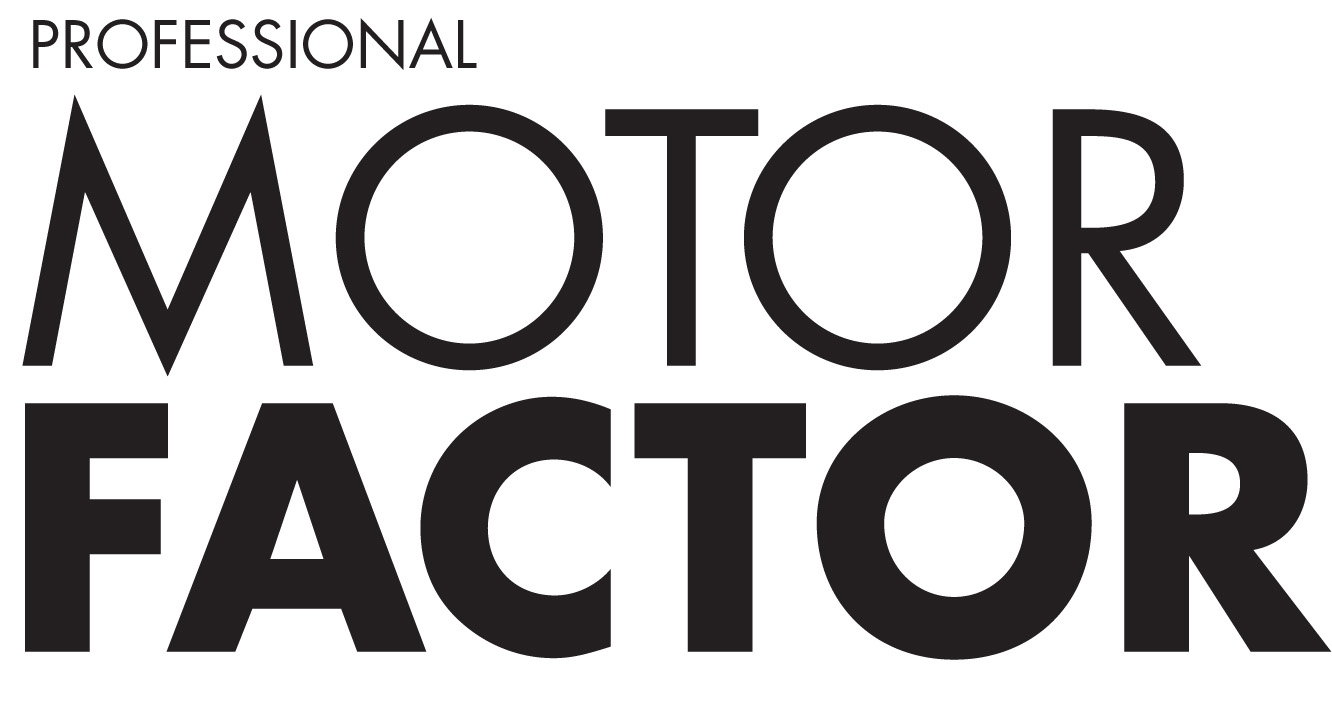Is social media in the workplace a friend or foe?

Amy Blick is the founder and owner of exhilHRate, and in recent articles, she has enlightened you with valuable HR tips, trends and takeaways. This time, she delves into the emotive impact of social media in the workplace.
Speak to any HR professional and say the words ‘social media’ and watch them shiver in fear. Social media quickly became a beast that was out of an employer’s control for a long time. As with most technology, a lot of troubleshooting and tricky situations have to happen before boundaries and rules are made.
I have worked for businesses that embrace social media and ask their people to share content about the company; however, on the other side of the coin, I have worked for businesses that simply forbid it. I have written Contracts of Employment that state social media guidelines when working for companies, I have written social media policies that highlight the duties as an employee, and I have partnered with IT departments that have locked all access to social media on work computers.
Ultimately, these rules come into force when you have to act as an employer – and let me tell you, a lot can go wrong on social media.
Early in my HR career, I worked in a company with a call centre. The call centre teams, powered by a dialler, had down times from the relentless calls and during these times they would ‘stalk’ other team members on social media. Yes, believe it or not, not just an angry ex can deep dive into your socials.
I have also partnered with HR departments, building a new people strategy as part of their referencing process. Checking LinkedIn to cross examine a CV, looking on Facebook as it comes up on a Google search (trust me!) and even looking through Instagram. It is a finely honed skill to check people through social media and it begs the question – is this reasonable and should it be part of the workplace?

Undeniable pros for social media to carve a space in your business with your teams:
Promotes company culture and employee recognition – you can use it as a shop window for your business! It is a brilliant, free way to showcase company and employee achievements, not to mention milestones, and I have seen some incredible businesses use social media to build an enviable online reputation with employees, suppliers and clients.
Facilitates networking and professional development, and I cannot recommend this enough. People think LinkedIn is just for the job seekers, but that is just a tiny piece of the pie. Using social media to expand your network and make connections is a form of professional development.
Boosts team collaboration – and I see you scratching your chin on this one! It encourages cross-departmental connections. Teams that may not have the opportunity to connect in their day to day roles can use social media to build connections.
Strengthens brand advocacy through employee social media engagement – this is brilliant for recruiting! – and I have clients that actively ask their teams to share webinars and resources through their social media. Again, it is free, so why not use it!?
What goes up, must come down! I have seen some challenging, toe curling issues arise from social media:
Can lead to distractions and reduced productivity, particularly if you are guilty of ‘doom scrolling’ and end up down a social media rabbit-hole.
Potential for negative or inappropriate content sharing – and other colleagues seeing this and raising concerns and potentially grievances! There is a risk of conflicts or misunderstandings. I have recently seen a grievance that was raised due to a post that was shared that caused another employee distress and concern. Ethical and moral boundaries can be crossed on social media quickly – make sure everyone is aware of this.
It can blur personal and professional boundaries, and I have seen this happen time and time again. Friends with a colleague on Facebook? Don’t be friends with them if you cannot keep your messaging and social presence professional.

Do what works best for your business
Often the best place to start is creating a policy to outline the expectations you have for social media – you can use this policy to include employees but also contractors, suppliers, clients, as examples. Having clear guidelines on your expectations is key and remember: this policy is relevant to people that are connected to your business, and they are an advocate for your business by association. I would also be tempted to add into your social media policy about IT use and security expectations. This is simply good practice and keeps you protected from the unknown.
My last nugget of advice: have a process in place for when something goes wrong. Be fair, transparent and unbiased in your policy and make sure it applies to everyone. Update everyone on the expectations and iron out any details that may need tweaking, as sometimes you can’t get it right first time! Ensure your employees are empowered and confident to raise concerns they have seen online. Finally, make sure your managers are prepared to handle a situation if it is raised.
Are you ready for a ‘power hour’?
If after reading this you can see gaps in your business, let’s arrange an online ‘power hour’ to set you up for the year ahead. In the last two years, I have seen the most agile and brilliant businesses using my power hour to bring expert HR advice into their world. We can agree on the agenda beforehand and arrange it at a time that suits you. It’s like having a full-time HR professional tearing apart your challenges, arming you with the confidence that expert practical advice confers. So, if you’ve read this and are scratching your chin in a ‘where do I start?’ manner or your ‘people pillars’ are not where they should be, a power hour is perfect.








